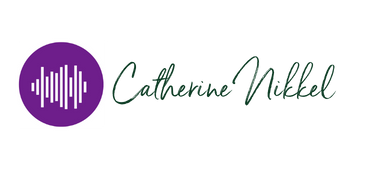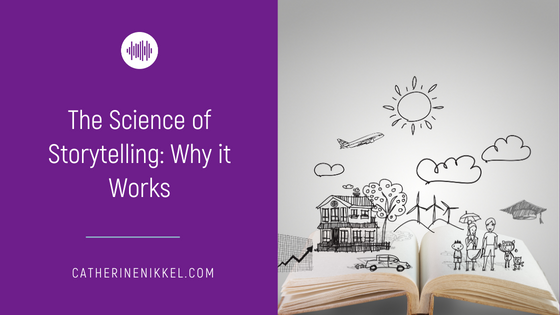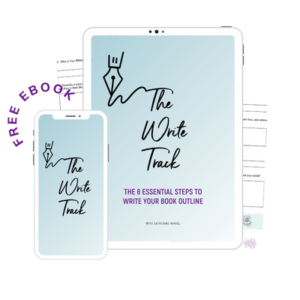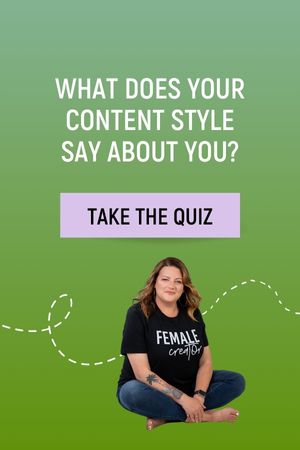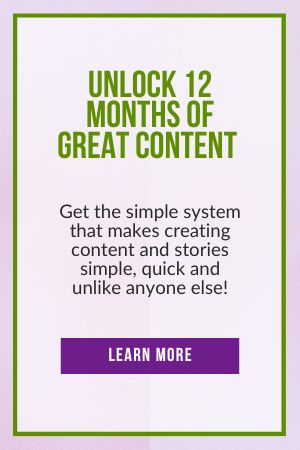You’ve heard me share again and again that storytelling is essential, and the reality is that you need to learn how to tell impactful stories if you want to grow your business. Is there really a science of storytelling?
How exactly does it work, and why is it so effective?
There is a reason that storytelling has been used since the time of our ancestors.
The Science of Storytelling
As a story is being told, the brainwave activities between the storyteller and listener can sync up, creating a powerful connection.
This connection is driven by our emotions and the elevated levels of a few powerful hormones:
- cortisol
- oxytocin
- dopamine.
Understanding how these hormones affect your audience is a powerful secret to telling impactful stories; you may also notice that the science of storytelling aligns with many of the other strategies I share with you!
Cortisol is the “attention-grabbing hormone,” which draws your readers in.
While cortisol is often associated with stress, it is not all bad. This hormone keeps us aware and engaged in an experience like reading a story.
This comes through in your storytelling when we start with a dramatic first line and continues as you engage the reader within your story through dynamic storytelling, making them want to read more and more.
Think about the last great book that you couldn’t put down. What do you think was keeping those pages turning into the wee hours of the night?
Oxytocin is the “love hormone,” but it is responsible for so much more than romance and maternal bonding.
Oxytocin allows us to form strong connections with our audience; these connections build trust and authority.
Use this as part of your storytelling by sharing your experience/expertise and doing so in a vulnerable and authentic way. Let your audience see themselves in you.
Remember that your stories may not be for everyone, but you will attract your people if you are true to who you are and what you want to share.
Dopamine – the “action/reward hormone” that motivates us to do something relates to our sense of focus and motivation.
This is why it’s important to have an arc to your story (i.e., don’t give it all away at the beginning), include an impactful ending, and provide a solid call to action. So your most motivated readers don’t hesitate to take the next step.
Storytelling is a powerful tool to build relationships with your audience, primarily to grab your readers’ attention, build trust, and motivate them to act.
Are you writing a book? Want to level up your content?
Book a coffee chat with me, and let’s start sharing your stories!

Email: catherine@catherinenikkel.com
Resources
What type of Content Creator are you? Take the Quiz! – 4 different types of creators, which one are you?
Need help telling your story in your own voice? Let’s make it happen. Schedule a consultation with me here
